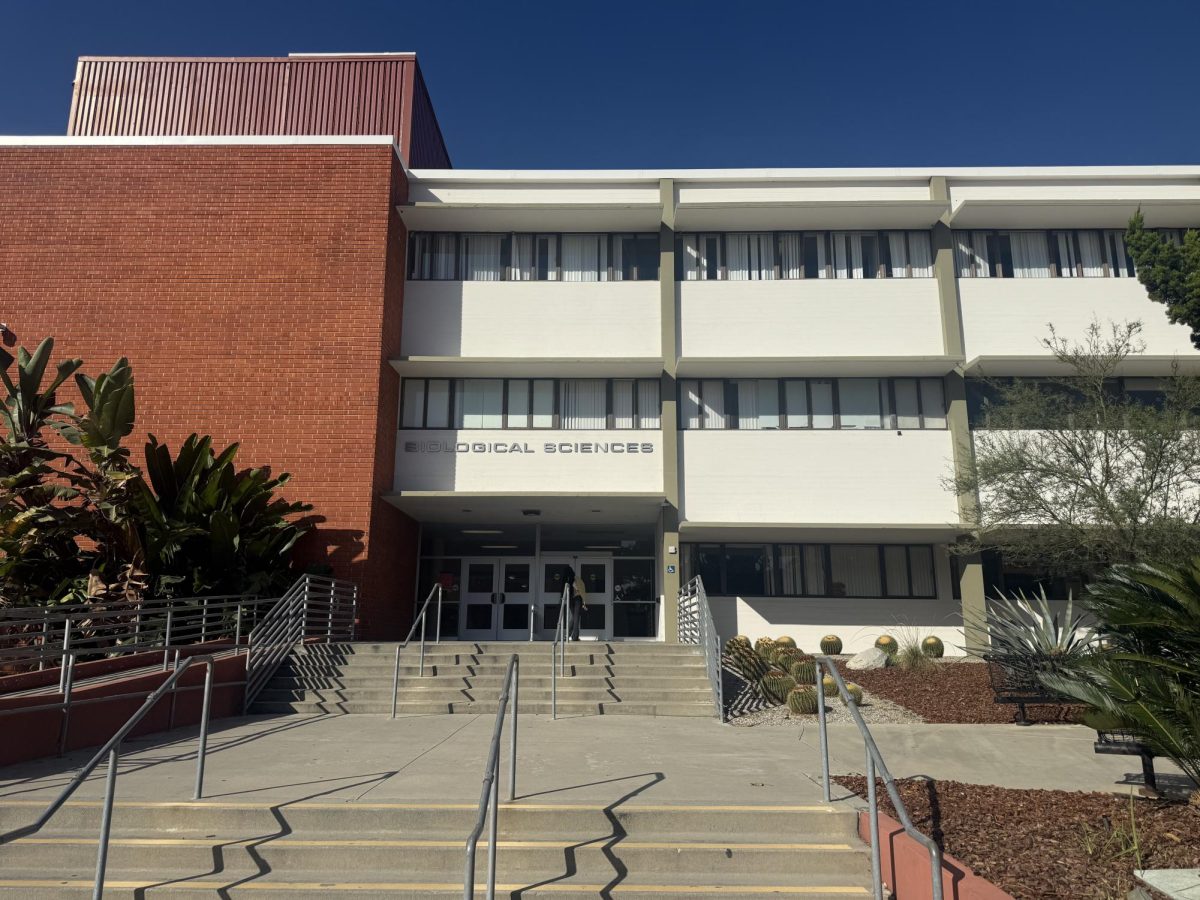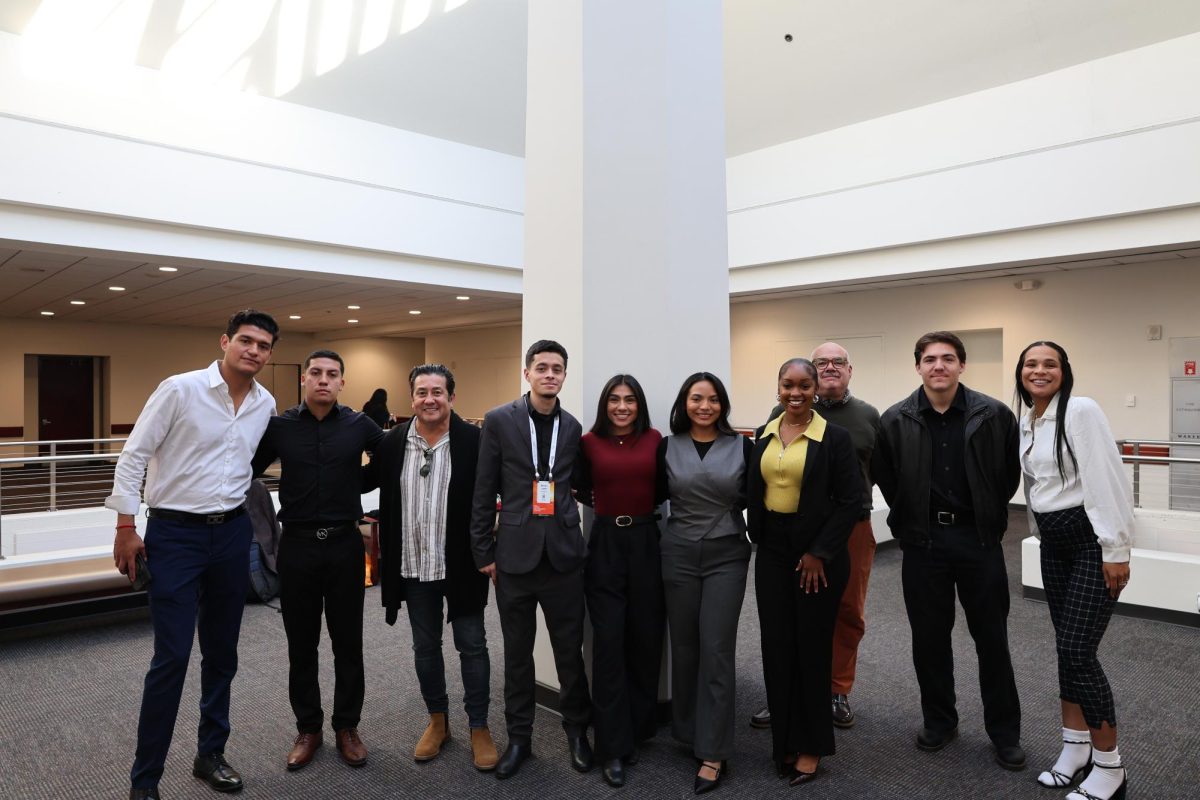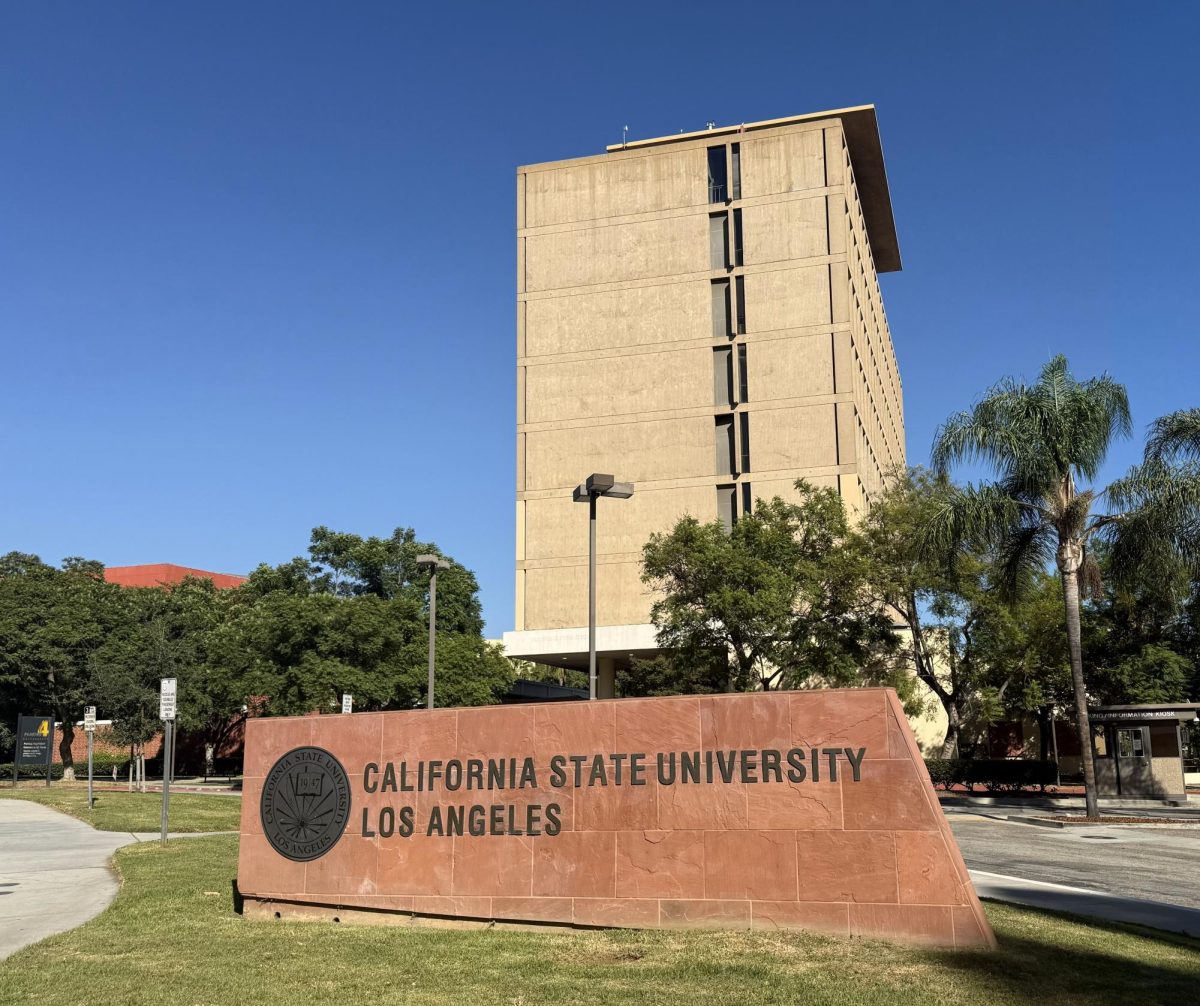The California State University “Ethnic Studies & Social Justice” requirement was recently trumped by Governor Gavin Newsom’s signing of Assembly Bill 1460 into law on Aug. 17, according to Mike Uhlenkamp, Senior Director of Public Affairs for the CSU.
Under this new ethnic studies graduation requirement, every CSU should offer ethnic studies courses by 2021-22, so students can complete their three-unit course in ethnic studies. This will be required for students graduating in the 2024–25 academic year.
Those who continued their support for AB 1460 considered this a win after the CSU Board of Trustees passed their own “Ethnic Studies & Social Justice” graduation requirement proposal back in July. This former requirement for the 2023-24 academic year gave students the option to take either an ethnic studies course or another course with a “social justice component” in order to satisfy the requirement.
However, since the requirement was not specific to ethnic studies, this potential loophole was met with disapproval from both students and faculty who felt the social justice aspect of the requirement would allow students to omit the ethnic studies course entirely. Meanwhile, opponents were concerned about infringing on faculty rights, among other things.
CSU student trustee Maryana Khames, who voted “no” on passing the requirement, said, “During the discussion, it came up that you could actually take a class to fulfill that requirement without actually it being an ethnic studies class and that’s kind of, like, one of the biggest reasons where I was like, ‘Woah, that’s not happening.’”
Khames, an international security and conflict resolutions major at San Diego State University, began her two-year term on the Board of Trustees with a goal to ensure that student needs are taken care of and that all policies work to benefit students over anything else.
As the only student on the Board of Trustees, Khames, stated that, “no one can represent students like students themselves can.”
Anthony Ratcliff, an associate professor of Pan-African Studies at Cal State L.A, said that faculty realized that the CSU proposal would “allow students to do the requirement but never actually take an Ethnic Studies course.”
Ratcliff went on to say that students could take sociology, or other courses that “might have a sort of social justice requirement to it, but the issue is ethnic studies is a specific discipline and students should be introduced to that.”
When asked via an email why it was decided to group ethnic studies with social justice, Uhlenkamp stated the CSU’s proposal allowed for the “experiences of other oppressed and marginalized groups. For example, the LGBTQ and Jewish communities,” to be taught alongside the CSU ethnic courses. He also added that it, “also provides for the critically important frame toward the action-oriented field of social justice.”
However, Anita Revilla, a professor of Chicana(o) and Latina(o) studies at Cal State L.A, stated in an email to the University Times, that many who teach ethnic studies also “teach about women, queer/trans people, disabled people, persecuted religious groups, poor and working-class people, and other minoritized people.”
Professor Revilla added that the experiences of other groups who are marginalized and groups who face discrimination, can be taught in ethnic studies courses,“without losing a sharp and critical analysis of racism because race/ethnicity is deeply connected to all other forms of oppression.”
Cristian Riesgo, a television, film and media studies major at Cal State LA, emphasized how necessary these classes are.
“I would consider myself fairly educated, but in my personal experience, ethnic studies classes have opened my eyes to much more information and literature that expanded my knowledge of American race relations,” Riesgo said.
Julissa Ruiz Ramirez, a recent graduate from Cal State Stanislaus with a ethnic studies & political science major, believes all students should be required to take an ethnic studies course.
“Ethnic studies grounded me in the work that I do and in my values. It opened up the possibility of standing strong in the face of oppression,” said Ramirez. “We believe that this will open up the space to students to critically talk about race, gender, sex, justice, colonialism, white supremacy, class and oppression, as the first step to transforming our communities.”
Ramirez also felt the “Ethnic Studies & Social Justice” requirement would not be sufficient, “A fake social justice requirement, [a] watered down social justice requirement, does not compare to the history of ethnic studies, does not compare to what ethnic studies teaches and the ways in which students learn from ethic studies.”
Since CSU is an institution, and ethnic studies often requires one to question the institution, Ramirez felt “it’s no surprise” the CSU system would not want to invest.
“Ethnic studies critiques the institution itself, critiques the ways in which the institution has discriminated against people of color, black and indigenous folks and critiques how the institution has proactively marginalized and oppressed students,” said Ramirez.
“[The CSU version] would have [financially] cost less than AB 1460, just because any department on campus could offer it and so the campuses wouldn’t necessarily have to, I guess, enlarge or increase the ethnic studies department,” said Khames.
Before Newsom signed AB 1460 into law, “each campus would [have] come up with objectives and then any department that can offer a class that aligns with such objectives would fulfill that requirement,” added Khames.
According to Uhlenkamp, all CSU campuses have different resources and student populations. “Our proposal was created to allow campuses to leverage those existing resources while creating compelling coursework that would benefit the students in a specific program on a respective campus.”
According to an Academic Senate CSU report from September/October 2019 by statewide chair Katherine Nelson, unmandated funds were listed as one of five reasons for the Academic Senate of the California State University’s opposition to AB 1460.
Uhlenkamp stated that implementing AB 1460 into all CSUs is estimated to cost over $16 million. Among other reasons for the opposition were the impact on transfer students, changes in the ethnic studies discipline, impact on related programs, and government intrusion into the curriculum.
“We firmly believe that it is the role of the faculty to determine university curriculum and degree requirements,” said Uhlenkamp.
After being asked about the government’s role in student curriculum, Khames was unsure whether or not intervention should be acceptable, but felt in this case, it “worked for the better.” Although she believes this, she does sympathize with what “some of the trustees have been commenting on because this has never been done before.”
In a celebratory Instagram video posted by Pan African studies department’s Instagram, Dr. Melina Abdullah celebrated the Newsom signed bill: “This is celebration time. For more than two years, we’ve been fighting to make authentic ethnic studies a requirement in the Cal State system… We’re going to keep pushing. We’re going to keep making it happen, and we know when we fight, we win… We won. We won. This is a victory.”


















